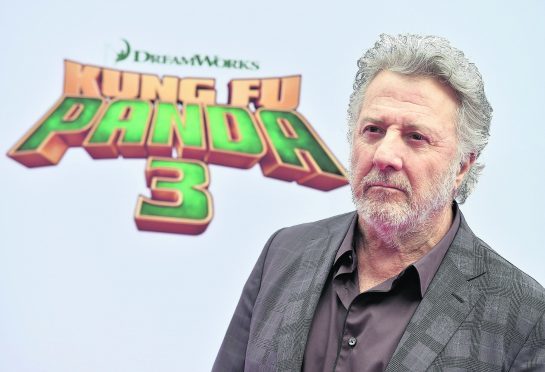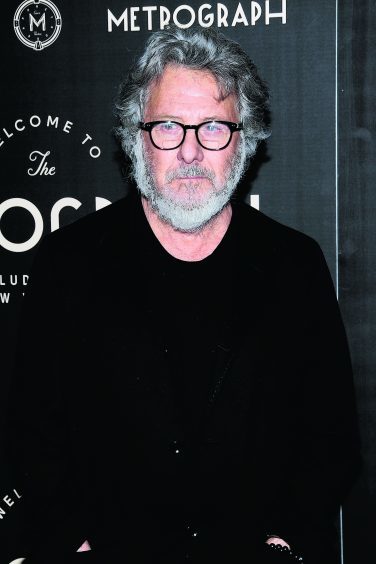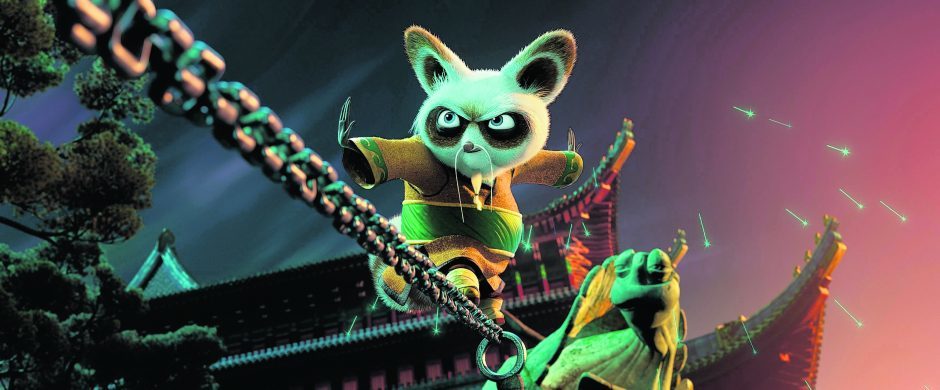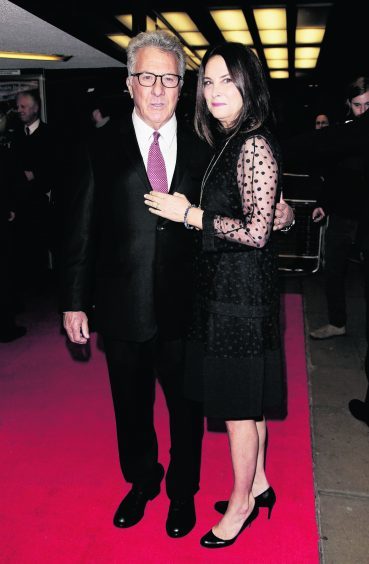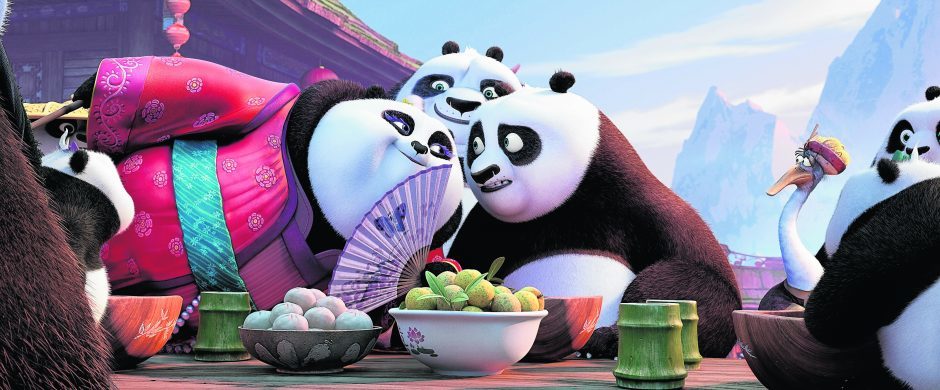The 88th Academy Awards have been doled out to the winners and a new chapter of Hollywood history has been written, but for Dustin Hoffman, the central problem of this year’s Oscars – the lack of diversity among the nominees – remains.
Like Jada Pinkett Smith, Will Smith and director Spike Lee, with whom he joined up to watch a basketball game while the ceremony was going on, Hoffman called out the committee for their all-white shortlist.
“I think we’re slow to change in all regards,” says the 78-year-old. “There is a racism that exists and will always exist. If it’s not black people, it’s another so-called minority.
“I think human beings, some human beings, have to feel that there’s someone beneath them and they don’t realise it’s because they have such little regard for themselves that they feel that way.”
To a “certain degree” he feels things are improving, but is mindful of “fallbacks” in progress, citing wars (“When are we going to learn they do not work?”) as an example of a backwards step.
“I mean, look at how long it’s taken women and they still haven’t gotten the same money as men,” he says in his trademark drawl.
“When the subject comes up sometimes, I’ll say, ‘Look at France’. They think of France as being such a sophisticated country but they only gave women the right to vote in the 1940s and that’s like yesterday.
“I don’t think we change that much. We change temporarily and sometimes it becomes grounded, and other times it’s fleeting – it’s here for a while and then we go backwards. I do think we’re at a backwards time now in this country.”
On the subject of the presidential race, the actor is similarly considered. “I don’t think Donald Trump is the phenomenon, the phenomena are the people that support him,” he says. “That’s what we should be paying attention to.
“And I think here, it’s not because they’re voting for Trump as much as they’re voting against the system. He just happened to fall in the middle of that and I hope it’s short-lived.”
Contemplative, clued up and frequently very funny, Hoffman’s conversation doesn’t disappoint. Only a few years ago, he thrilled the audience of a Q&A about BBC One festive special Esio Trot by waltzing with his co-star Dame Judi Dench.
Born in Los Angeles to a jazz pianist mother and prop supervisor father, he modestly refers to his success as a “freak accident”, but his performances suggest otherwise.
He started acting at the Pasadena Playhouse with Gene Hackman, and joined him in New York, where he studied at the Actors Studio.
Known for choosing parts wisely, it was his role as a confused college graduate opposite Anne Bancroft’s Mrs Robinson in The Graduate that set him up. Next year will mark the 50th anniversary of the film’s release.
“I remember thinking I was lucky to be in a film that was so well made,” says the actor, who praises the crew and script writers. “It’s one of the few films I ever made where we said every single word that was in the script.
“I remember after a take, the script supervisor would say, ‘That’s not a full stop, that’s a comma’. It was treating it like Shakespeare but they knew what they were doing. They had spent the time and I think when you see it now, it doesn’t look dated.”
And neither does Hoffman’s career. His name lends a mark of quality to the work he does, be it his Academy Award performances in Rain Man and Kramer Vs Kramer, his comedic turn in Meet The Fockers, and even animation, where he is currently delighting his grandchildren as the voice of Shifu, a wise elderly panda in Kung Fu Panda 3, alongside Jack Black, Angelina Jolie, Bryan Cranston and Kate Hudson.
The third film sees enthusiastic panda Po (Black) suffer a crisis of confidence when he has to defeat a new enemy. For Hoffman, working on the film meant a chance to bring his 11-year-old grandson Gus into the studio, where the crew let him record a voice for one of the cartoon children.
“I was sent the DVD and I watched it. They gave the actors’ credits at the end of the film and he was the last credit,” recalls Hoffman, who is married to businesswoman Lisa Gottsegen and has six children.
“I put the DVD on hold and took a photo and I sent it to Gus. He was over the moon. He showed it to everyone. He took all his friends to see the film like he was the star of it.”
Although Hoffman often plays supporting characters nowadays, he admits he and his great friend and former flatmate Hackman have never shaken the feeling that the next role will be their last.
When the two friends worked together for the first time in 2003’s Runaway Jury, they decamped to an Italian restaurant for a heart-to-heart.
“Gene looked at me and he said, ‘Do you ever think what I think when a film is over?”‘ says Hoffman, who adds that both friends felt “nervous” about acting in front of each other.
“And he’d made over a hundred of them and I said, ‘What?’ and he said, ‘You’ll never work again?’ and I said, ‘Yes’.”
Although his has been a buoyant career, he admits the inevitable lack of work at the start of an actor’s career leaves an impression, “because you think that’s synonymous with a lack of talent”.
“So yes, I do feel that I’m not going to get hired again, because that’s how it was in the beginning,” he adds.
At the beginning though, he was keen on forging another path. A lifelong jazz aficionado, he dreamed of becoming a piano player, but switched to acting, conceding he didn’t have the all-important “it” needed to break into music.
“If God was to tap me on the shoulder and say, ‘You’re going to be the jazz pianist you’ve always wanted to be, but you have to give up acting’, I would do it in a second,” he explains with a chuckle.
“I always think that actors don’t come in to it as their first preference; it’s what you wind up doing when you’re not good enough at something else.”
- Kung Fu Panda 3 is in cinemas now.
